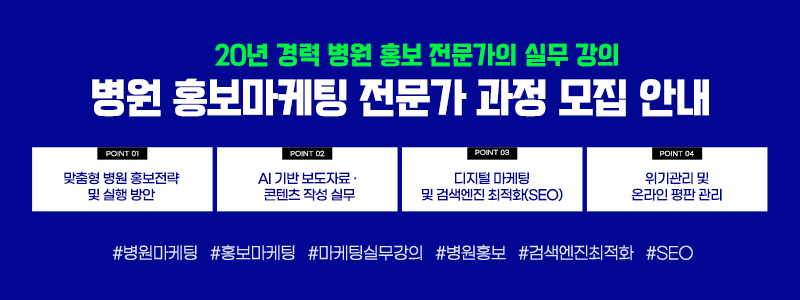Early diagnosis of ASD is critical but often challenging due to subtle initial symptoms. According to the U.S. Centers for Disease Control and Prevention, one in three children with autism in the United States is diagnosed after age 8. Delayed diagnosis can hinder timely interventions, which are crucial for improving outcomes.
The South Korean research team collected data from 1,242 infants and toddlers aged 18 to 48 months across nine hospitals in the country to develop their AI model. The screening process involves parents recording their child’s voice using a smartphone and guiding the child through simple, age-appropriate tasks. These tasks include responding to their name, imitating actions, playing with a ball, engaging in pretend play, or requesting help.

“By the time families reach a clinic, symptoms are often already severe,” said Professor Cheon. “This AI tool allows for accessible, at-home screening, paving the way for earlier diagnosis and treatment.”
Professor Kim emphasized the tool’s user-friendliness, noting, “We standardized the tasks to make them accessible to everyone. This digital tool can provide reliable insights even before a specialist’s diagnosis.”
The research, supported by the National Center for Mental Health’s digital therapeutics development program, was published in the latest issue of *npj Digital Medicine*, a prestigious peer-reviewed journal.
Lim Hye Jung, HEALTH IN NEWS TEAM
press@hinews.co.kr


